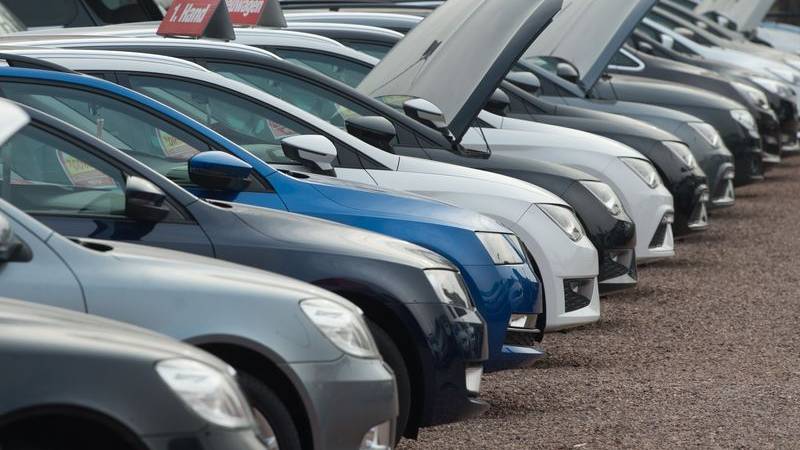Volkswagen has spoken out in favour of far-reaching support ahead of consultations with the prime ministers of Lower Saxony, Bavaria and Baden-Württemberg on possible car purchase premiums in the Corona crisis.
They will work to “ensure that politicians provide money for this impulse boost,” VW works council chief Bernd Osterloh said in a letter to employees on Wednesday. “We know that we are calling for tax revenue,” the letter, which is available to dpa, reads. “But we also know that this money could be investwise for our entire society and could be calculated several times – economically, ecologically and socially.”
The heads of government of the three auto countries – Stephan Weil (SPD), Markus Söder (CSU) and Winfried Kretschmann (Greens) – want to get together in the afternoon. On Monday, at the restart of VW’s Wolfsburg headquarters, Weil announced that he would consider a possible premium model: “We are aware that we need a quick decision.” VW Group CEO Herbert Diess called for “early strong measures.” Söder told the Süddeutsche Zeitung: “I am in favour of a very comprehensive strategy on how we can help the automotive industry.”
According to the VW works council, a funding model should include, among other things, an “impulse premium” for new car purchases, including leasing, which also applies to modern incinerators and runs for “a clearly limited period of time”. It should be similar to the scrapping premium in the 2009 financial crisis and should also cover young used cars up to the age of one year.
Osterloh also wants an “additional scrapping premium” for scrapped end-of-life cars of the Euro 3 and Euro 4 emission standards. According to VW, German manufacturers should agree that the state funds “may even double depending on the promised sum, but at least to cover the exchange costs”. In addition, more account should be taken of CO2 emissions as a basis for calculating vehicle tax.
Environmental groups have criticised proposals to subsidize hybrid, gasoline or diesel cars in addition to cars with alternative propulsion systems. “It is not expedient to promote vehicles whose technology is not forward-looking,” said Brigitte Dahlbender, head of THE Bund in Baden-Württemberg. “If anything, there can only be a purchase premium for small, all-electric vehicles.”
Greenpeace transport expert Benjamin Gehrs recently made a similar comment. “When the federal government promotes old drives in the most fundamental industry upheaval in automotive history, it confuses accelerator pedals with brakes,” he told dpa. In the midst of the shift to e-mobility, “German manufacturers can only catch up with the backwardness of the mobility revolution and climate protection if all funds are now specifically allocated to the expansion of clean mobility solutions.”
Söder had said last week that he wanted to sit down with his two colleagues from Hanover and Stuttgart to think about ecological premium models and to give the new generation of engines and cars a chance after the phase of perseverance. Automakers had to close their plants for several weeks due to the coronary drop in demand and broken supply chains – resulting in drastic declines in sales. Federal Environment Minister Svenja Schulze (SPD) is in favour of new aid for the car industry if funding is concentrated on climate-friendly vehicles.



